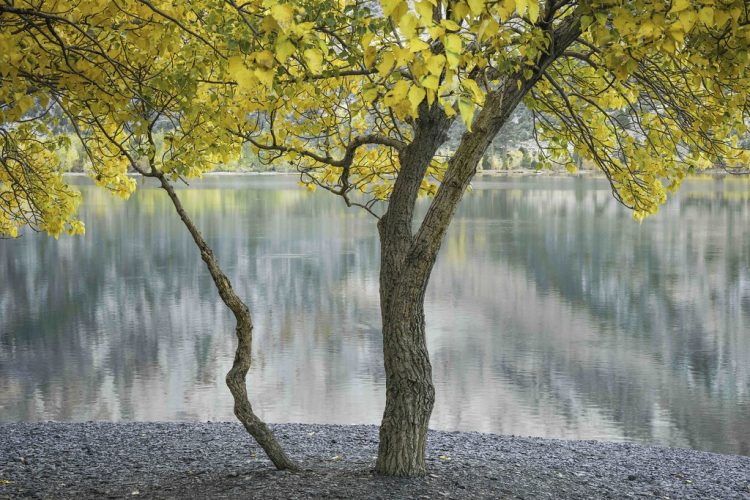Fixing (Healing) a Broken Vase (World)

Editor’s note: Shelley wrote this article prior to participating in COP21 in Paris. You can find out more about her experiences there by checking out her blog posts at http://www.quakerearthcare.org/news/qew-cop21-paris.
Events are surely unfolding anew as you read this article. I wrote this on November 20, not quite a full week after the violent events in Paris. We have all become more aware of the equally appalling and violent events in Beirut, Burundi, Syria, Kenya, Mali, and the list goes on.
Several Friends’ organizations have issued statements of condolences for the victims and pleas for peace and justice for all people. Those issuing worthy statements include the American Friends Service Committee (http://www.afsc.org/story/responding-isis-attacks-afsc-calls-no-more-victims), Friends Committee on National Legislation (http://fcnl.org/events/annual_meeting/2015/to_friends_in_france_and_lebanon/) and New England Yearly Meeting (http://neym.org/news/choosing-love-season-fear-new-england-quakers-respond-paris-attacks). FCNL’s message included this prayer from Peter 3:8-9: “Do not repay wrong with wrong, or abuse with abuse; on the contrary, retaliate with blessing, for a blessing is the inheritance to which you yourselves have been called.”
I pondered what I could possibly add to these statements, and as usual, our Quaker practice came to my rescue. During First Day on November 15, Meeting for Worship (Strawberry Creek in Berkeley, CA) included several messages, all of them centered and coming from a place of spirit. Three of these particularly touched me and I am led to share them with you.
First, Paris seems to have touched greater numbers of sympathizers than numerous other violent attacks in recent months. If, like me, most of your friends and social media contacts lean to the left, you have probably also seen an outpouring of matching concerns for victims in other locations. The message we heard last Sunday asked us to let people grieve in whatever way they need to grieve. Their outpouring of concern for Parisians, perhaps because they have visited or have Parisian friends or somehow feel a closer link to Paris than elsewhere, is valid and should be honored, not criticized. Their concern will help open themselves up to caring for the victims of violence wherever they may be.
Next, we grieve, but we also wonder why these things happen. A message that tried to answer that question described the human need for inclusiveness. Nearly all of us crave a sense of belonging. When we feel disenfranchised with the community around us, we are likely to lash out, sometimes in extremely disturbing ways. Who amongst us is feeling excluded? What can we do to create a community that embraces diversity while connecting with shared values?
And lastly, what can be done in the face of such brutal violence? The final message I want to describe included the ancient Japanese story of a prized ceramic vase that had broken into many pieces. The vase was repaired using a technique known as kintsugi, where the broken pieces are reassembled in the original shape with lacquer mixed with gold, silver, or platinum. The repaired pottery takes on a fabulously rich and beautiful appearance that often enhances its original design, yet clearly shows evidence of past breakage. Kintsugi pottery, with obvious yet spectacularly beautiful repair work, is a stunning metaphor for repairing our broken world.
Joanna Macy teaches us that we can’t eliminate our despair about the current state of climate change and earthcare, but instead we can use that despair to deepen our commitment to change. Let us stitch our world back together with golden love.
Photo courtesy of Lakeside Pottery Studio.

